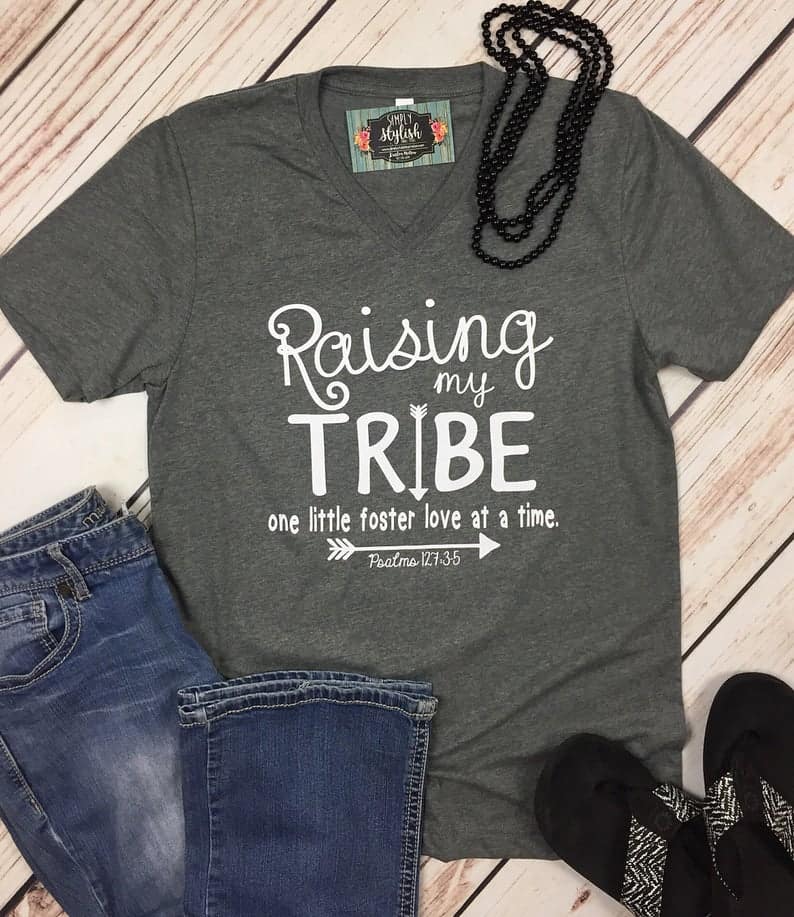Good Hygiene Practices for a Foster Child
As a foster parent, it’s important to make sure your foster child is following good hygiene practices. Many foster children have not developed good hygiene skills. This will help them stay healthy and feel confident. Here are some tips for foster parents on good hygiene practices for a foster child.

*This post contains affiliate links. Please see full disclosure policy below.
Good Hygiene Practices for a Foster Child
Good hygiene is important for everyone, but it’s especially important for foster children. Children in foster care often come from difficult circumstances and may have had limited access to basic hygiene facilities and information. As a foster parent, you can help a child in your care develop good hygiene habits that will last a lifetime.
Teaching Hygiene Habits
For a foster child, good hygiene is about more than just being clean. It’s also about feeling comfortable in their own skin and developing a positive self-image. Unfortunately, many foster children have come from backgrounds where proper hygiene wasn’t a priority. As a result, they may need some extra help and guidance when it comes to keeping themselves clean and presentable. Here are some good hygiene practices that every foster parent should teach their foster child.
Foster children need to be taught about good hygiene habits just like any other child. Here are some tips to help you get started:
Hand Washing
Encourage your foster child to wash their hands frequently, especially after using the restroom and before eating. Handwashing is one of the most effective ways to prevent the spread of illness. You may even need to give some instructions for hand washing like:
- Use soap
- Wash until you sing “Happy Birthday to You” twice
- Dry your hands on a clean towel
Teeth Brushing
Foster children may not have had regular access to dental care, or even supplies like a toothbrush and toothpaste so, establishing a good oral hygiene routine is especially important. Your foster child will likely see a dentist soon after they enter the foster care system as a part of the initial EPSD&T screening. The dentist will discuss good oral hygiene with the child at the visit. Be sure to follow up by making brushing and flossing a part of your foster child’s daily schedule.
Regular Bathing and Skin Care
When setting up a schedule for your foster child, be sure to include time for regular bathing. This may or may not have been a part of your child’s regular schedule before coming to your home. In face, some children are even resistant to bathing. You may also have to teach and instruct your foster child about good skin care practices such as:
- Washing the face daily with soap and water
- using sunscreen
- avoiding picking at blemishes to help prevent skin problems.
- choosing personal care products
Wearing Clean Clothes
Wearing clean clothes is not only important for hygiene but also for self-confidence. No one likes to feel like they’re wearing dirty clothes, so make sure your foster child’s wardrobe is always fresh and clean however, you may also have to encourage your foster child to wear the clean clothes. Some children have sensory issues and prefer one piece of clothing to all others.
Laundry detergent designed for sensitive skin can be used if your foster child has allergies or sensitive skin. It’s also important to teach your foster child how to properly fold and store their clothes so they stay neat and wrinkle-free.
Hair Care
For many people, hair is an important part of their identity—which is why it’s so important to keep it clean and well-groomed. Show your foster child how to comb their hair properly so that it stays healthy and free of tangles. If your foster child has long hair, teach them how to put it up in a ponytail or braid it so that it stays out of their face during the day.
As a foster parent, you play an important role in teaching your foster child about good hygiene habits. By encouraging them to wash their hands frequently, brush their teeth twice a day, and floss once a day, you are helping them develop lifelong habits that will keep them healthy and happy.
These are just a few of the many different things you can do to help your foster child maintain good hygiene practices. By teaching them these basic skills, you’ll set them up for success both now and in the future.
More Foster Care Posts
- Qualifications for Foster Parents
- Pros and Cons of Foster Care
- Home Study Questions
- Foster Care Home Study
- Home Study Checklist for Foster Care and Adoption
- Our Foster Care Journey via MoneySavingMom





